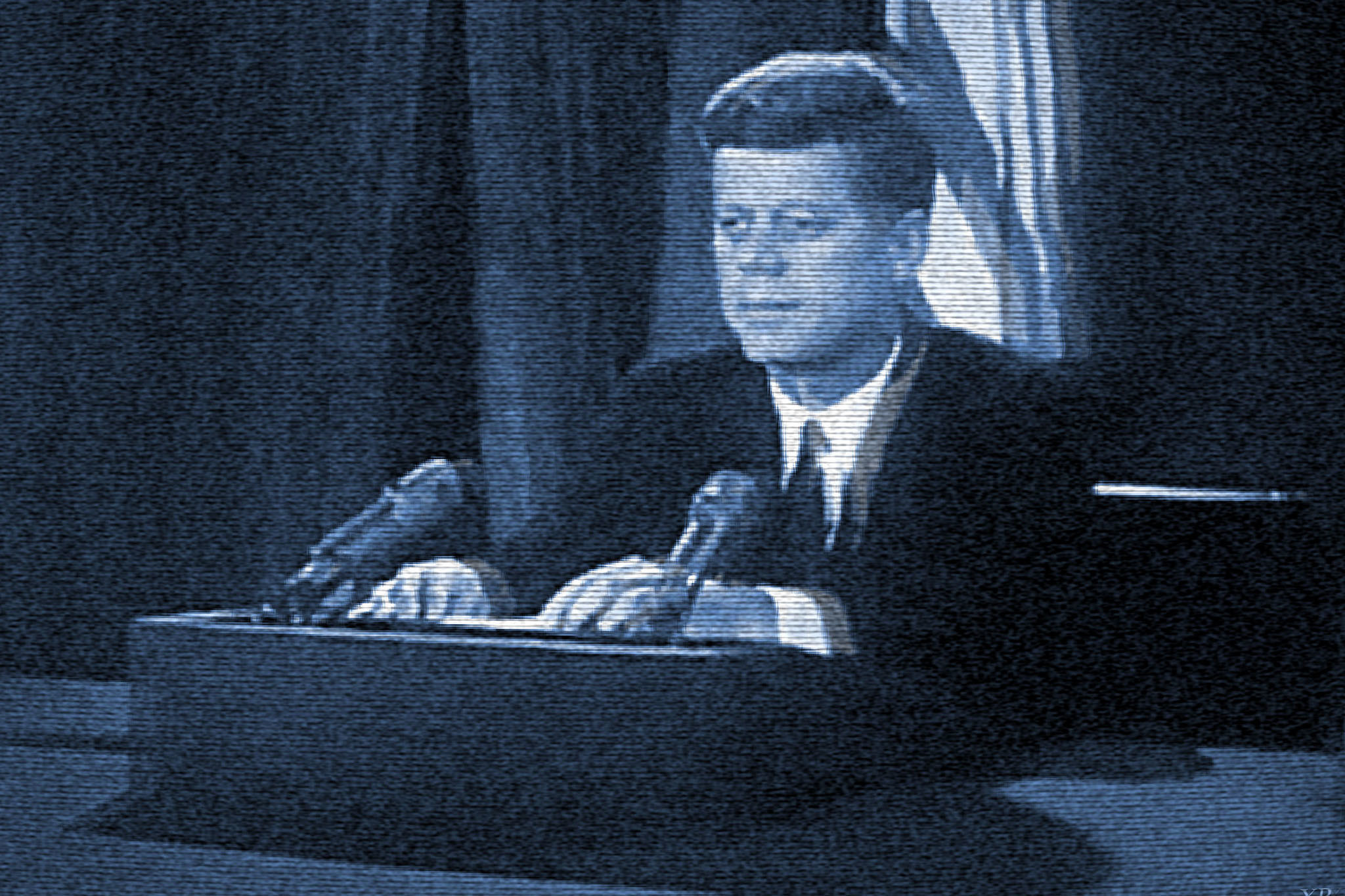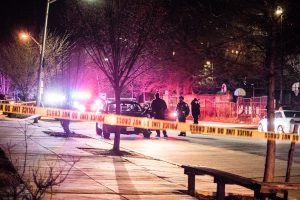This week, after a slight delay of only 54 years, the U.S. government will release thousands of pages of documents related to the assassination of President John F. Kennedy.
Once upon a time, when much of the country argued whether Lee Harvey Oswald acted alone, such documents might have been greeted with much anticipation. But 54 years later? What’s left to tell us?
And for those born years after the assassination and who have never sensed its emotional impact, many will respond to the release with a shrug of the shoulders and a reaction summed up with three words: “Yeah? So what?”
So, this: Even for those of us who lived through the awfulness of Sept. 11, 2001, the attack of Nov. 22, 1963, remains, in its way, the most stunning, defining moment of our lives. We lost a president that day, and the remains of our innocence.
We were, for many years, a nation not only in shock but in mourning. Some of it was about Kennedy himself. We felt we knew him personally. Television had brought him to us in a way we’d never known any other president.
In Kennedy, we pictured the very personification of America: He was Superman, he was Prince Valiant. He was handsome, he was smart, he was a war hero who summoned us to our highest idealism. The whole world seemed to fall in love with him, which meant they loved America, too. In that Cold War era, this alone offered us comfort.
And part of the shock was our collective innocence. We were innocent about Kennedy himself. Who knew that his inaugural call to “bear any burden, pay any price” would ultimately lead to the catastrophe of Vietnam? Who knew of the women slinking in and out of the White House bedroom?
And part was the innocence of the era. In 1963, we were still coasting on post-war optimism. The Kennedy assassination seemed to unleash something dark in the American psyche, something that seemed to have been hiding in the shadows until that moment. The coming years brought us more assassinations, riots across scores of cities, the terrible widening of the war in Vietnam, and convulsive cultural shocks.
Maybe the new files will unleash some secrets that we still care about, maybe not. Maybe there was secrecy all these years to hide bungling by U.S. intelligence agencies. Maybe not.
But the files will bring back the remains of a day that still haunts a generation. We thought the best of our leaders, whichever party they led. Washington issued calls to greatness, instead of daily schoolyard slander.
Maybe young people today will hear about the new files and ask, “Yeah? So what?” But maybe they shouldn’t. Maybe the reminder of that awful day 54 years ago tells us all there was a better time than this, a time when our leaders summoned the best in us, instead of the smallest.
A former Baltimore Sun columnist and WJZ-TV commentator, Michael Olesker is the author of six books. His most recent, “Front Stoops in the Fifties: Baltimore Legends Come of Age,” has just been re-issued in paperback by the Johns Hopkins University Press.





